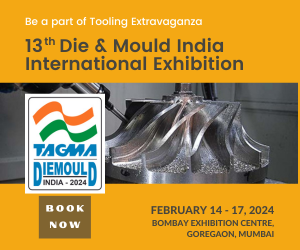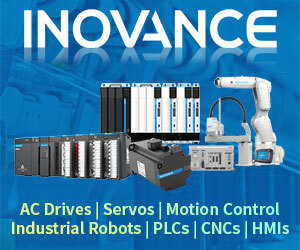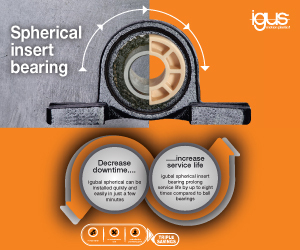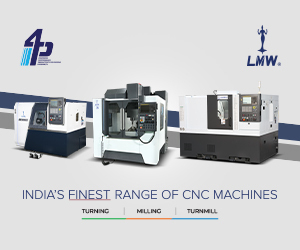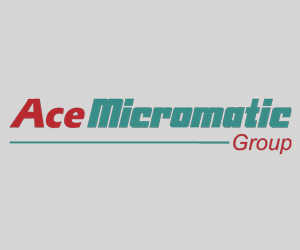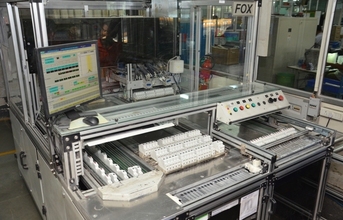
Manufacturing excellence is a quest. A quest for productivity, quality, innovation, speed and cost competitiveness. And industrial automation has emerged as a formidable tool in this quest. Of course, like any other tool, its effectiveness depends on the way it is employed. So The Machinist interacted with a wide range of companies to understand how they are leveraging on industrial automation.
Consistency & productivity
It is usually believed that automation results in consistent quality and increased productivity. Sudhanshu Kantoor, Product Manager, Factory Automation P+F India, says that industrial automation products allows companies to achieve faster cycle times, increase efficiency, and improve repeatability. "Industrial automation not only simplifies the physical or manual efforts put in by worker, but it also reduces the creation of waste materials and products. It also eliminates human error and as a result the quality of the end product is vastly improved."
Mukesh Chawla, COO, Legrand Group in India, agrees as he says that any automation reduces the manual errors, improves quality and maintains the consistency. "Thus it increases productivity. However, this is possible only when the input component functional tolerance is within limits and sensors are installed to sort the bad parts. Otherwise, it results in bad quality, lower productivity and also results in poor utilisation of automation. This is where we need human talent to utilise the automation in an optimal way," Chawla says. Approximately 30 percent of Legrand India's production processes are automated for critical operations with focus on light automation for process simplification, mistake proofing and cycle time reduction.
Dinesh Patidar, CMD, Shakti Pumps (India) Ltd, says that being an engineering product manufacturer, process automation plays an important role in his firm's manufacturing set up. "It offers both economic and technical advantages. We use robotic aided manufacturing and automated assembly lines to enhance throughput in assembly and overall productivity. Almost about 30 percent of our manufacturing set up is automated. This helps us in reducing the operating cost of the plant."













